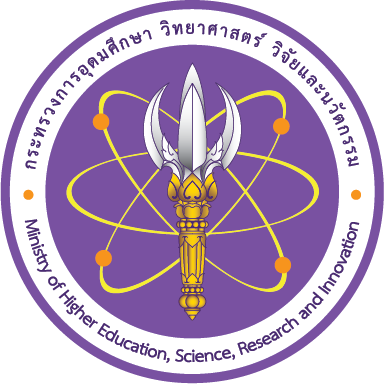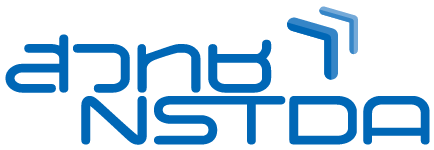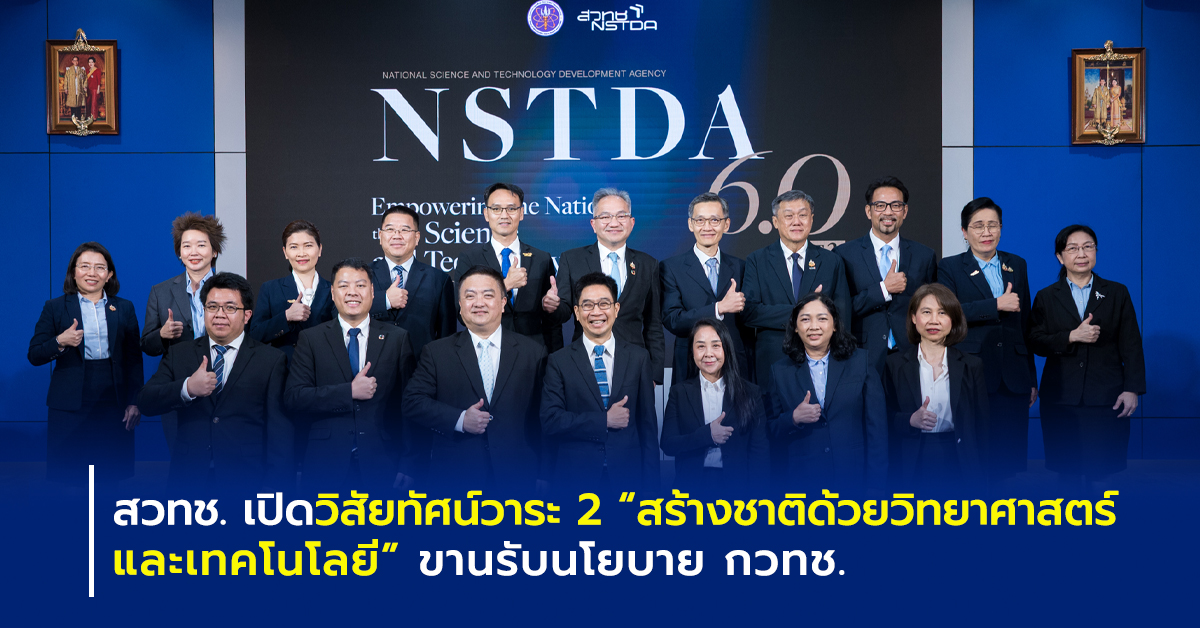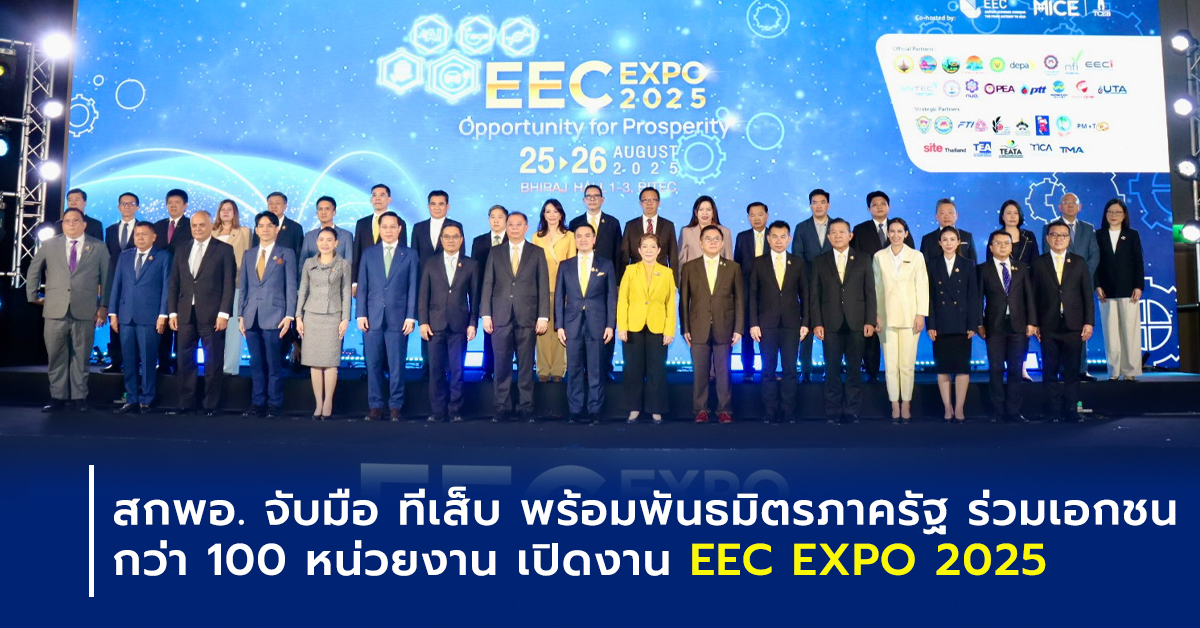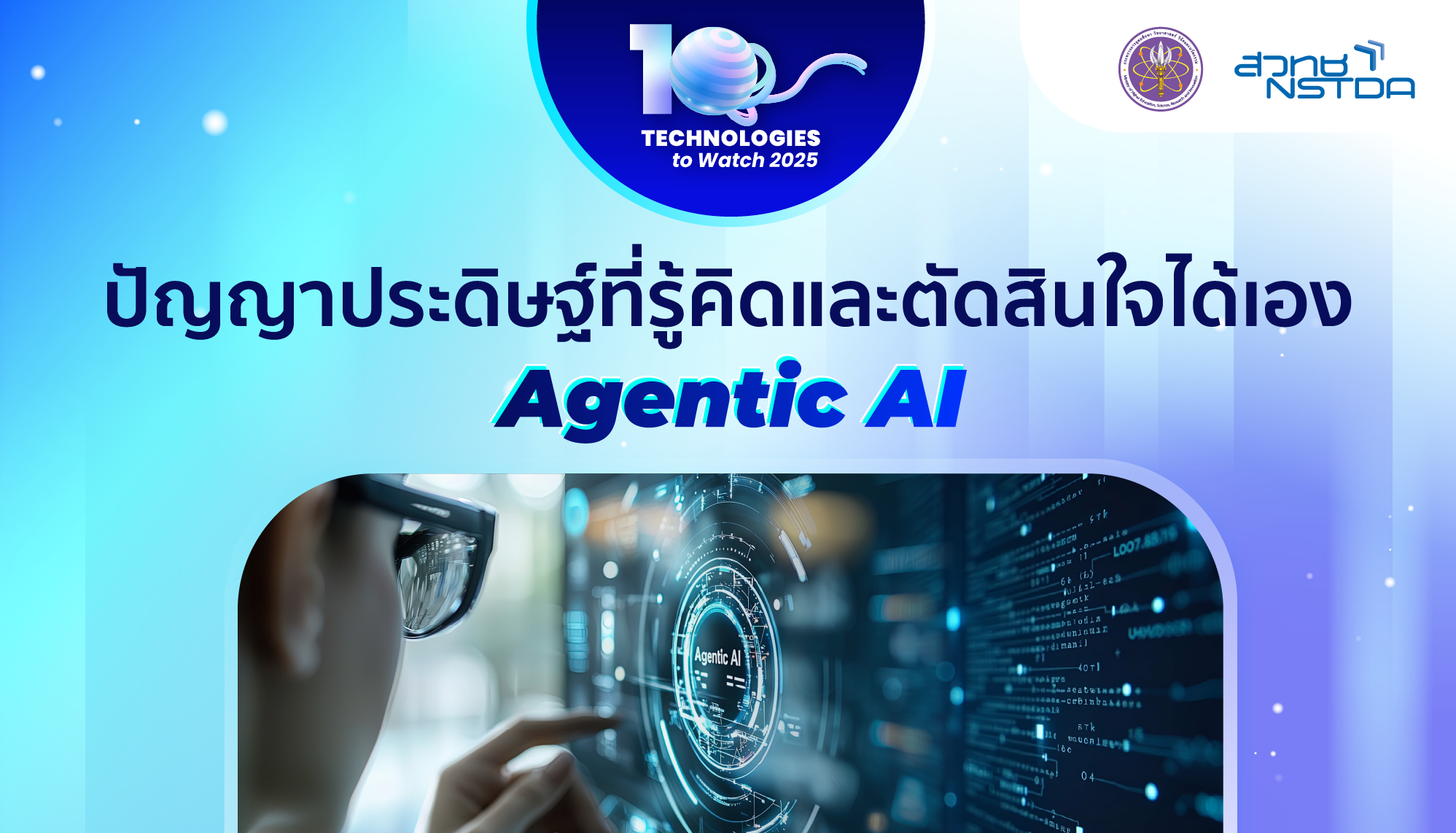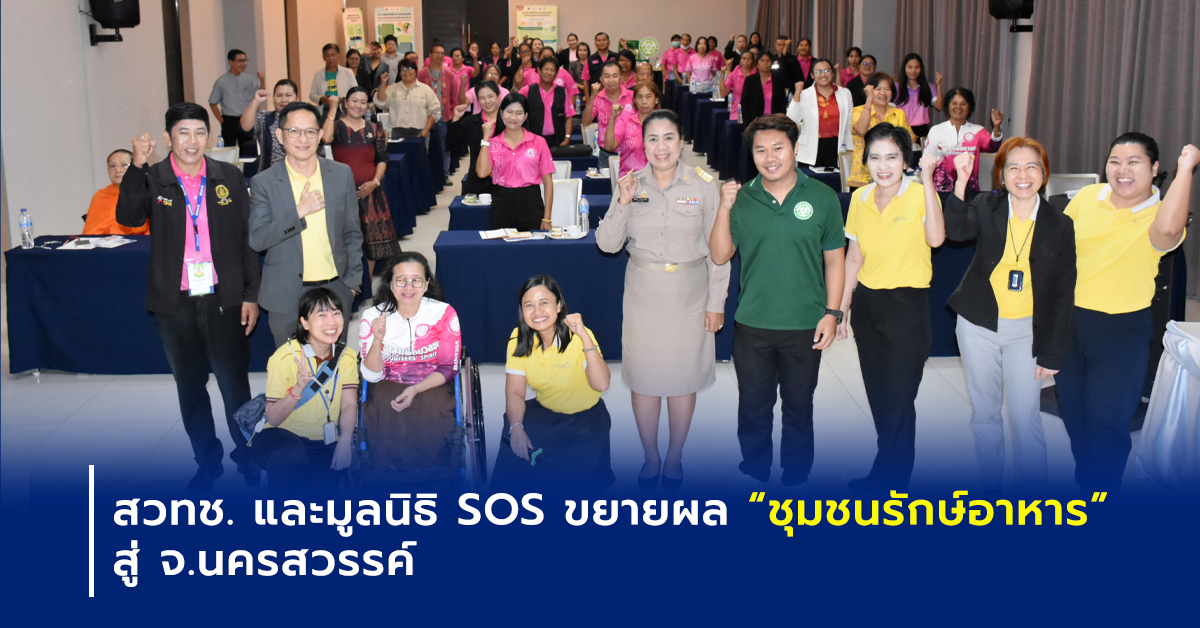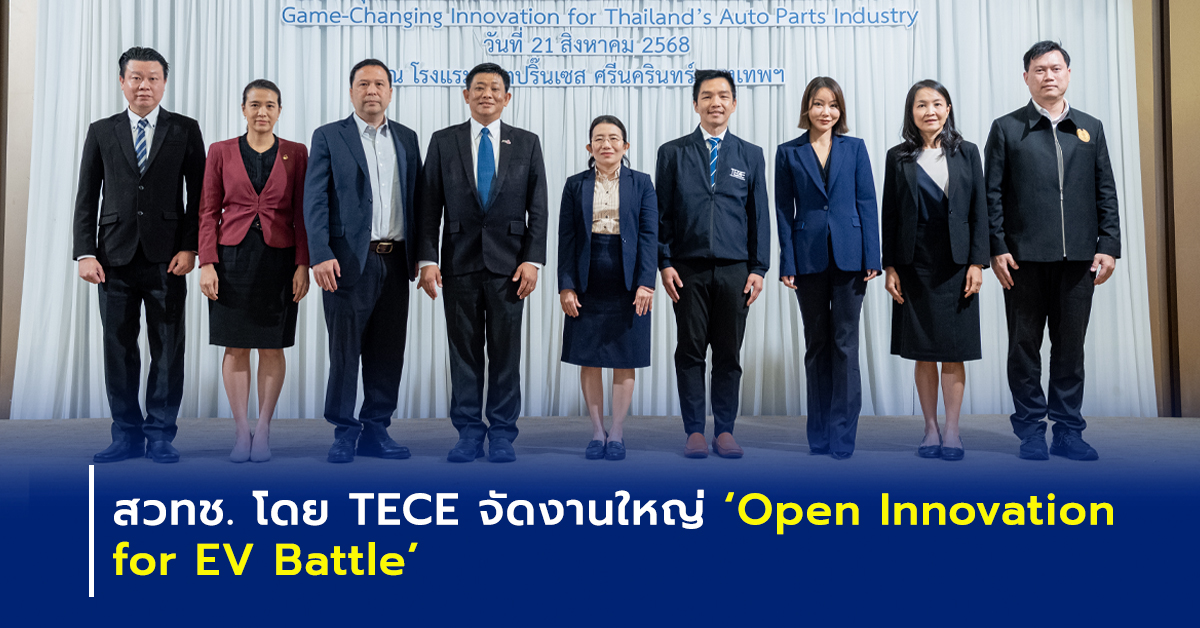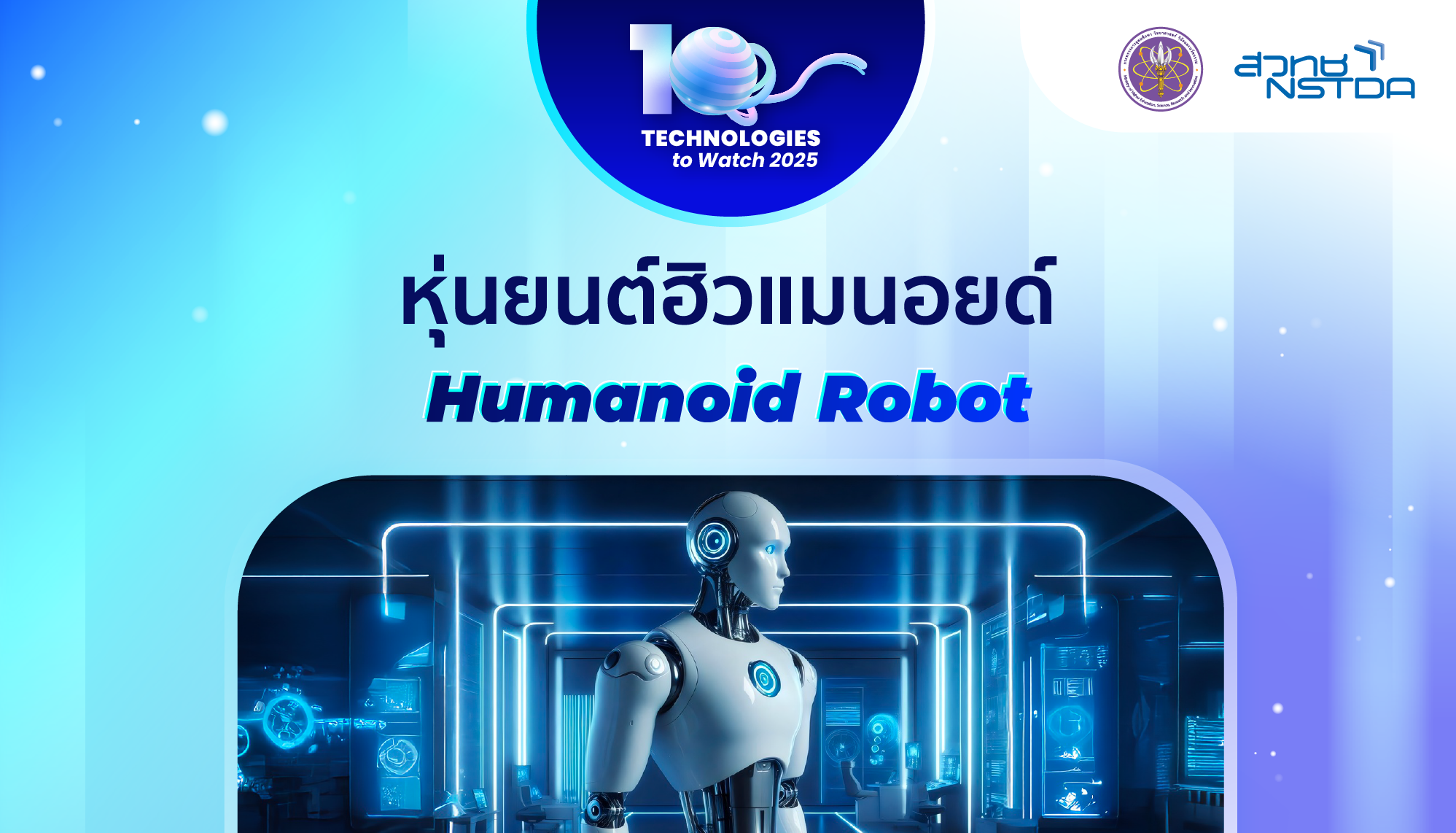เอ็มเทค สวทช. พัฒนา ‘XOMoCap’ แพลตฟอร์ม Motion Capture Analysis เพื่อวิเคราะห์การเคลื่อนไหว มุ่งตอบโจทย์วิจัยและออกแบบ ‘ชุดเสริมแรง-ลดบาดเจ็บ’ ผู้สูงอายุและผู้ดูแล (XOMoCap – a numerical platform for motion capture analysis, a key tool in exoskeleton research, developed by MTEC, NSTDA.)
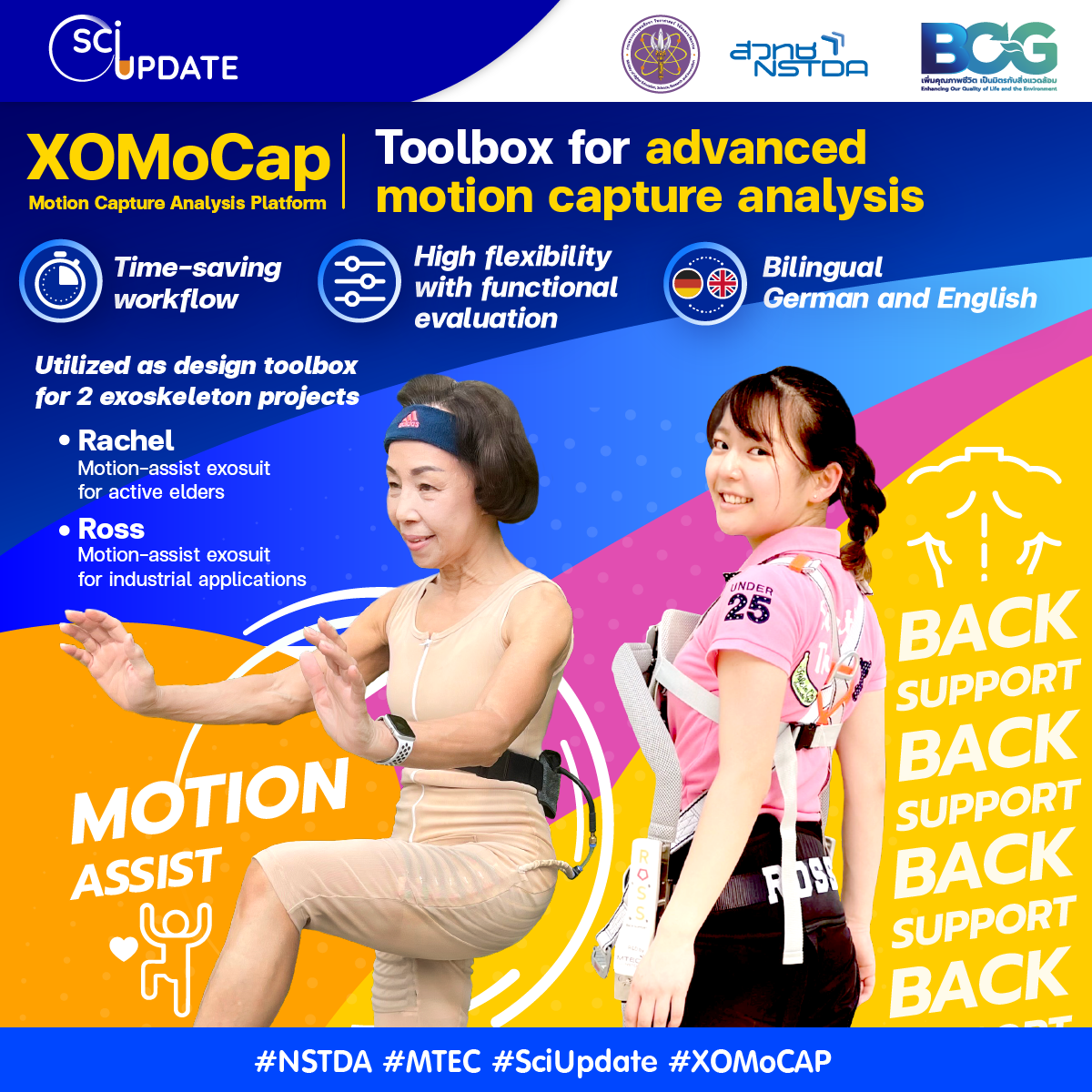
หนึ่งในเทคโนโลยีที่หลายประเทศทั่วโลกพัฒนาขึ้นเพื่อตอบโจทย์การช่วยเหลือด้านการเคลื่อนไหวและลดการบาดเจ็บจากการออกแรงรูปแบบต่าง ๆ ให้แก่ผู้สวมใส่ คือ ‘ชุดเสริมแรง’ ซึ่งเป็นหนึ่งในชุดประเภท exoskeleton ที่ใช้งานได้ในชีวิตประจำวัน เพราะ ‘การเสริมแรงที่พอดี’ นอกจากจะช่วยให้ผู้ใช้งานเคลื่อนไหวมั่นคงขึ้นและลดการบาดเจ็บได้อย่างมีประสิทธิภาพแล้ว ยังมีส่วนช่วยชะลอการเสื่อมสภาพของกล้ามเนื้อด้วย
กระทรวงการอุดมศึกษา วิทยาศาสตร์ วิจัยและนวัตกรรม (อว.) โดยศูนย์เทคโนโลยีโลหะและวัสดุแห่งชาติ (เอ็มเทค) สำนักงานพัฒนาวิทยาศาสตร์และเทคโนโลยีแห่งชาติ (สวทช.) พัฒนา ‘XOMoCap (เอ็กโซโมแคป หรือ Exo-Motion-Capture-Analysis)’ Motion Capture Analysis Platform เพื่อใช้วิจัยและพัฒนานวัตกรรมชุดเสริมแรง-ลดบาดเจ็บให้กับผู้สวมใส่ และใช้สนับสนุนการวิจัยนวัตกรรมเพื่อสุขภาพและการแพทย์ให้แก่ภาครัฐและภาคเอกชนไทย

The utilization of exoskeletons is gaining increasing traction due to the technology’s ability to reduce risk of injury to the musculoskeletal system in the workforce or daily activities. The main objective of these body-supporting suits is to assist the user with support for efficient and safe body movements, reducing the risk of short-term injuries and chronic musculoskeletal disorders.
The Ministry of Higher Education, Science, Research and Innovation, by means of the National Metal and Materials Technology Center (MTEC), NSTDA, has developed XOMoCap – a numerical platform for motion capture analysis for advanced investigation of body movements. It is utilized as a toolbox to aide in the research and development of exoskeletons, as well as relevant medical research studies.
‘XOMoCap’ เทคโนโลยีหนุนวิจัย Exoskeleton
‘XOMoCap’ เป็นชื่อของแพลตฟอร์มที่เดิมมีเป้าหมายในการพัฒนาเพื่อการวิเคราะห์ข้อมูลการเคลื่อนไหวสำหรับออกแบบ ‘exoskeleton’ หรือชุดโครงสร้างภายนอกร่างกายซึ่งทำหน้าที่ช่วยพยุงเพื่อให้ผู้สวมใส่เคลื่อนไหวได้อย่างมั่นคง ต่อมาจึงมีการพัฒนาต่อยอดให้แพลตฟอร์มนี้วิเคราะห์ข้อมูลการเคลื่อนไหวของมนุษย์ได้หลากหลายยิ่งขึ้น เพื่อประโยชน์ในการประยุกต์ใช้กับงานประเภทอื่น ๆ
ดร.ธนรรค อุทกะพันธ์ นักวิจัยทีมวิจัยการออกแบบเพื่อการเป็นอยู่ที่ดี เอ็มเทค สวทช. ผู้พัฒนาซอฟต์แวร์ XOMoCap เล่าว่า ทีมวิจัยได้นำประสบการณ์จากการพัฒนาซอฟต์แวร์ด้านการวิเคราะห์ ซึ่งเคยพัฒนาให้กับภาควิชาการและภาคอุตสาหกรรมชั้นนำของประเทศเยอรมนี มาประยุกต์ใช้ในการพัฒนาแพลตฟอร์มวิเคราะห์การเคลื่อนไหวร่างกายของมนุษย์ โดยแพลตฟอร์ม XOMoCap มีจุดเด่นแตกต่างจากซอฟต์แวร์เชิงพาณิชย์ทั่วไป คือ วิเคราะห์ข้อมูลการเคลื่อนไหวจากอุปกรณ์ motion capture ควบคู่ไปกับค่าสัญญาณไฟฟ้ากล้ามเนื้อ (electromyography: EMG) ซึ่งบ่งชี้ถึงการออกแรงในการเคลื่อนไหวในคราวเดียวกันได้ ทำให้การประมวลผลแต่ละครั้งได้ข้อมูลที่ละเอียดครบถ้วน โค้ดของโปรแกรมสามารถปรับเปลี่ยนตามความต้องการของผู้ใช้งานได้ จึงช่วยลดระยะเวลาและความซับซ้อนในการประมวลผลชุดข้อมูลจากกลุ่มทดสอบซึ่งมีปริมาณมากได้เป็นอย่างดี นอกจากนี้ซอฟต์แวร์ยังประกอบไปด้วยไลบรารีย่อยที่ทำหน้าที่เฉพาะตัว เช่น ไลบรารี Math Kernel ซึ่งมีฟังก์ชันและอัลกอริทึมด้านการคำนวณและวิเคราะห์ข้อมูลโดยเฉพาะ อาทิ การวิเคราะห์กระบวนการ pre-treatment สัญญาณต่าง ๆ โดยไลบลารีนี้ส่งออกข้อมูลการวิเคราะห์ได้ทั้งในรูปแบบตัวอักษรและรูปภาพ
“นอกจากนี้ทีมวิจัยยังได้ต่อยอดการทำงานโดยการนำซอฟต์แวร์สำเร็จรูปด้าน ‘musculoskeletal modeling’ ซึ่งเป็นแบบจำลองแรงที่เกิดขึ้นกับกล้ามเนื้อ โครงกระดูก และข้อต่อของมนุษย์มาใช้ในการออกแบบแรงและชุด เพื่อการเชื่อมต่อผลวิเคราะห์ระหว่างโปรแกรมแบบไร้รอยต่อ ทำให้ปัจจุบันทีมวิจัยสามารถทดสอบประสิทธิภาพ exoskeleton ว่ามีการทำหน้าที่เหมาะสมแล้วหรือไม่ได้ด้วย เพราะกรณีชุดเสริมแรงมากเกินไปอาจส่งผลให้ผู้สวมใส่ต้องออกแรงต้านจนเกิดการบาดเจ็บ หรือหากมีการเสริมแรงน้อยเกินไปก็อาจไม่เกิดประโยชน์ด้านการเสริมความมั่นคงในการเคลื่อนไหวให้แก่ผู้สวมใส่”
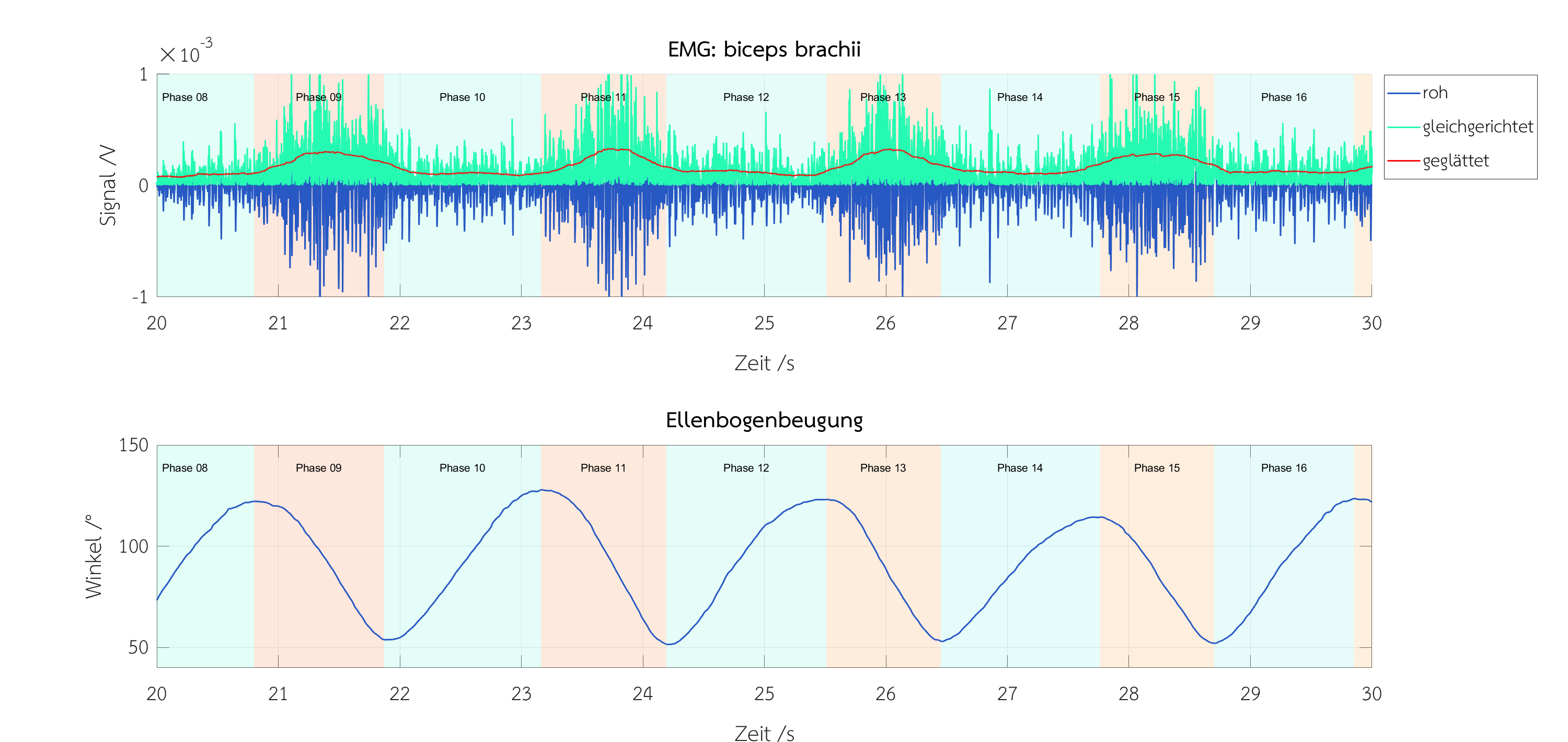

XOMoCap as a tool for exoskeleton development
XOMoCap was originally developed as a tool for human motion analysis in exoskeleton-related projects. These projects at MTEC encompassed a wide spectrum of targeted utilities, for example, a soft-shell exoskeleton assisting body movements for the active elderly (Rachel) and a hard-shell exoskeleton to support weightlifting, carrying, and holding tasks in industrial applications (Ross). XOMoCap, developed as part of these projects, has increased in complexity and ability over the years, and is currently ready for expansion to a wider range of applications.
Dr.-Ing. Thanak Utakapan – A researcher in the Well-living Design Research Team (WLDT) and the main developer of the software, has extensive experience in engineering software development both in academia and industry during his time in Germany. He stated that the software has distinct advantages by means of its flexibility. Various signal types, i.e. motion data and EMG can be analyzed mutually for a complete understanding of motion sequences. Thanks to the open-source code, the system can also be extended/expanded to meet specific requirements for each research topic to enable custom evaluations. This results in extreme time-saving and complexity reduction in analysis workflow. The software also contains several modular libraries to ensure perfect integration. The software has its own Math Kernel Library for some specific signal processing algorithms, for example, in signal pre-conditioning process. There is also a library for exporting data, which is responsible for graphics and report generation. The software is bilingual, in German and English.
In the design process of exoskeletons at MTEC, a leading musculoskeletal modeling software is also used as another tool for investigation and prediction of interactions between the human body (i.e. muscle or joint forces and moments) and the environment, including the exoskeletons. The software can be used to identify optimal construction parameters of exoskeletons. XOMoCap consists of an interface which enables seamless analysis of the numerical results from this software for further investigations.
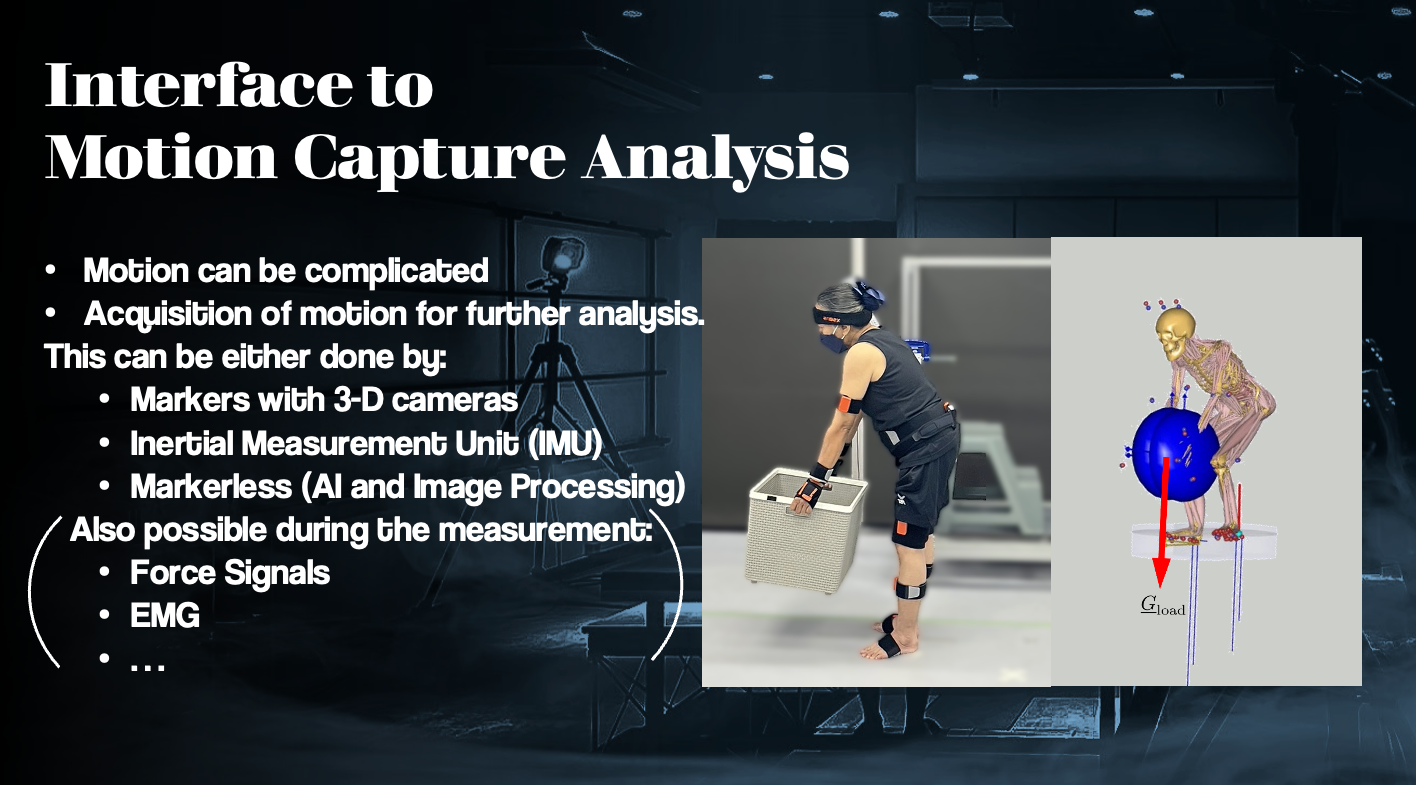
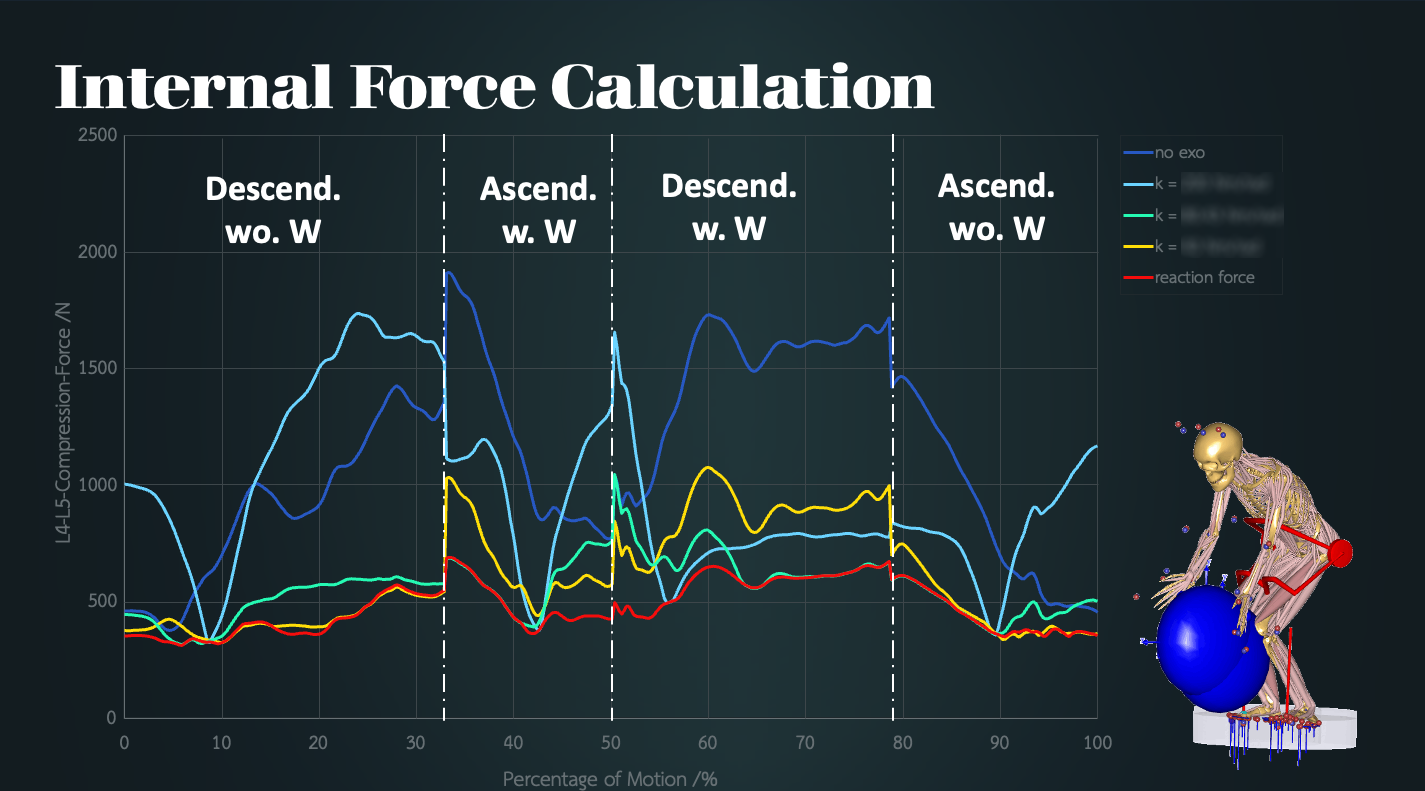
‘Rachel’ และ ‘Ross’ สองนวัตกรรมเด่นเพื่อผู้สูงอายุและผู้ดูแล
จากการสั่งสมความเชี่ยวชาญในการพัฒนาซอฟต์แวร์มาอย่างต่อเนื่อง ปัจจุบันทีมวิจัยได้นำ ‘XOMoCap’ เข้าสนับสนุนการวิจัยเพื่อสร้างสรรค์นวัตกรรม exoskeleton เพื่อผู้สูงอายุและผู้ดูแลรวมถึงการพัฒนาชุดเพื่อการใช้งานในภาคอุตสาหกรรมต่าง ๆ แล้ว สองตัวอย่างผลงานเด่นจากเอ็มเทค สวทช. คือ ‘Rachel’ และ ‘Ross’
ดร.ธนรรค เล่าว่า ตัวอย่างผลงานวิจัยเด่นแรก คือ ‘Rachel (เรเชล)’ บอดีสูทเสริมแรงกล้ามเนื้อ เพื่อช่วยให้ผู้สูงวัยเคลื่อนไหวได้คล่องตัว ชุดบอดีสูทนี้ทำหน้าที่ในลักษณะเป็นกล้ามเนื้อจำลองช่วยออกแรงกดไปยังกล้ามเนื้อส่วนต่าง ๆ ของผู้สวมใส่ เพื่อกระตุ้นการทำงานและเสริมแรงให้แก่กล้ามเนื้อในระดับเหมาะสมตามการปรับเปลี่ยนอิริยาบถ ส่งผลให้ผู้สวมใส่เคลื่อนไหวร่างกายได้อย่างมั่นคง ทำกิจกรรมต่าง ๆ ด้วยตัวเองได้อย่างมั่นใจ เหมาะอย่างยิ่งกับผู้สูงอายุในกลุ่มพฤฒพลัง (active aging)
“ส่วนตัวอย่างผลงานเด่นที่สอง คือ ‘Ross (รอส)’ บอดีสูทพยุงหลังสำหรับผู้ที่ต้องพยุงคนหรือยกสิ่งของน้ำหนักมากเป็นประจำ เช่น พยาบาลที่ต้องพยุงหรืออุ้มผู้สูงอายุหรือผู้ป่วย พนักงานขนส่งที่จำเป็นต้องยกสิ่งของน้ำหนักมาก โดยชุดนี้จะทำหน้าที่ควบคุมให้ผู้ใช้งานออกแรงยกด้วยท่าสควอต (squat) ซึ่งเป็นท่าทางที่เหมาะสม พร้อมกับสะสมพลังงานไว้ในกลไกของชุดเพื่อใช้เป็นแรงผลักร่างกายตอนเปลี่ยนท่าจากย่อตัวลงยกของกลับสู่ท่ายืนตรง ช่วยทุ่นแรงให้แก่กล้ามเนื้อส่วนต่าง ๆ และช่วยลดความเสี่ยงการบาดเจ็บให้แก่ผู้สวมใส่”
นอกจากการพัฒนาความเชี่ยวชาญเพื่อสนับสนุนการพัฒนาผลงานวิจัยให้แก่นักวิจัยเอ็มเทค สวทช. แล้ว ปัจจุบันทีมวิจัยยังพร้อมนำเทคโนโลยี XOMoCap และ musculoskeletal modeling เข้าสนับสนุนการวิจัยนวัตกรรมเพื่อสุขภาพและการแพทย์ให้แก่ภาครัฐและภาคเอกชนไทยด้วย
ดร.ธนรรค กล่าวเสริมทิ้งท้ายว่า เทคโนโลยี XOMoCap และ musculoskeletal modeling ใช้วิเคราะห์ข้อมูลได้หลากหลาย เช่น การออกแบบวิธีการรักษาผู้ป่วยด้วยกระบวนการกายภาพบำบัด การวิเคราะห์การเคลื่อนไหวของผู้ป่วยพาร์กินสันเพื่อวางแผนการรักษา การวิจัยด้านวิทยาศาสตร์การกีฬา การออกแบบอุปกรณ์ด้านสุขภาพและการแพทย์ โดยทีมวิจัยพร้อมนำความเชี่ยวชาญทั้งด้าน motion capture analysis และการพัฒนาอุปกรณ์เพื่อความเป็นอยู่ที่ดีเข้าสนับสนุน เพื่อร่วมเป็นส่วนหนึ่งในการขับเคลื่อนประเทศไทยสู่การเป็นเมดิคัลฮับ (medical hub) ระดับโลก
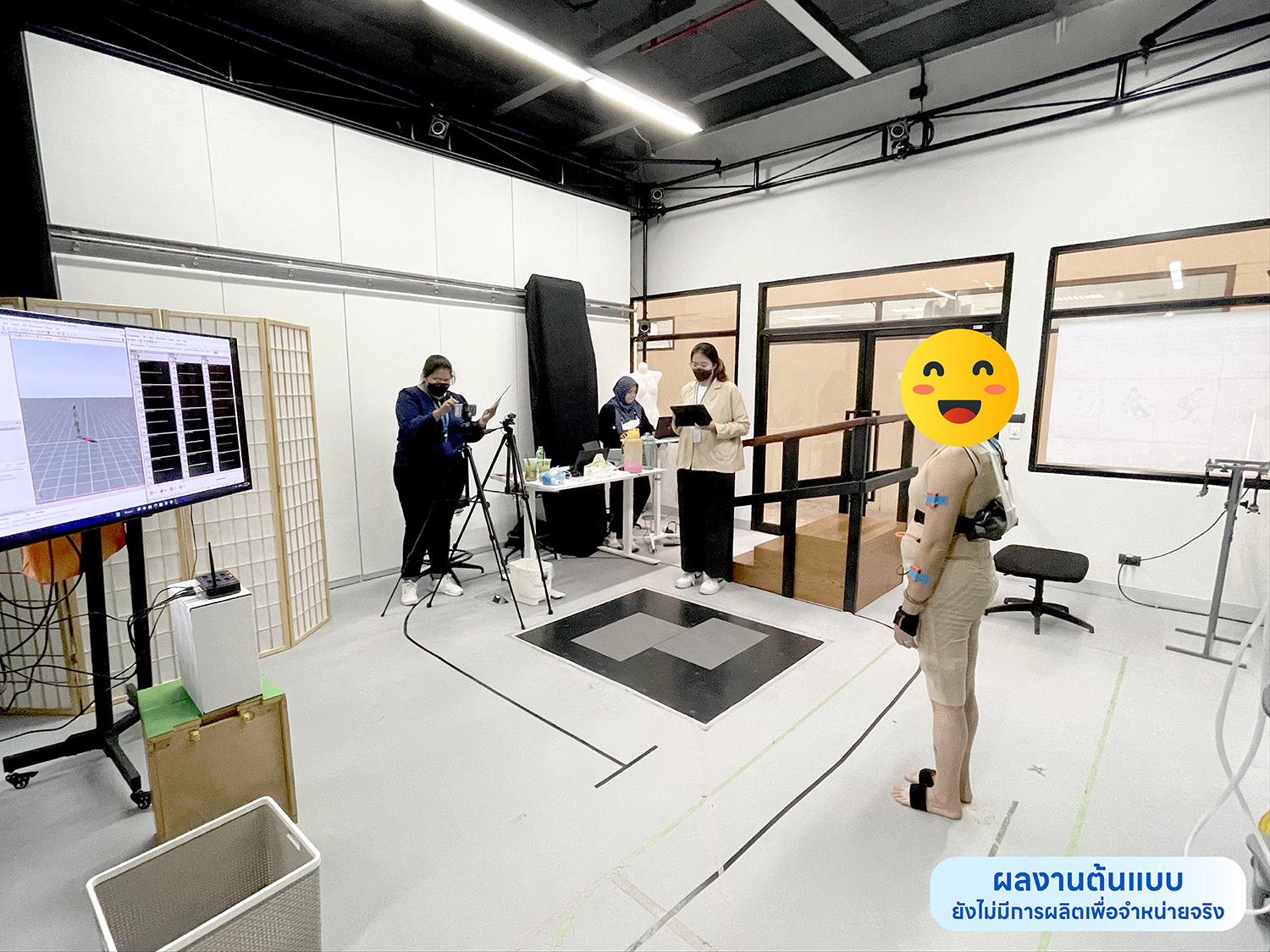
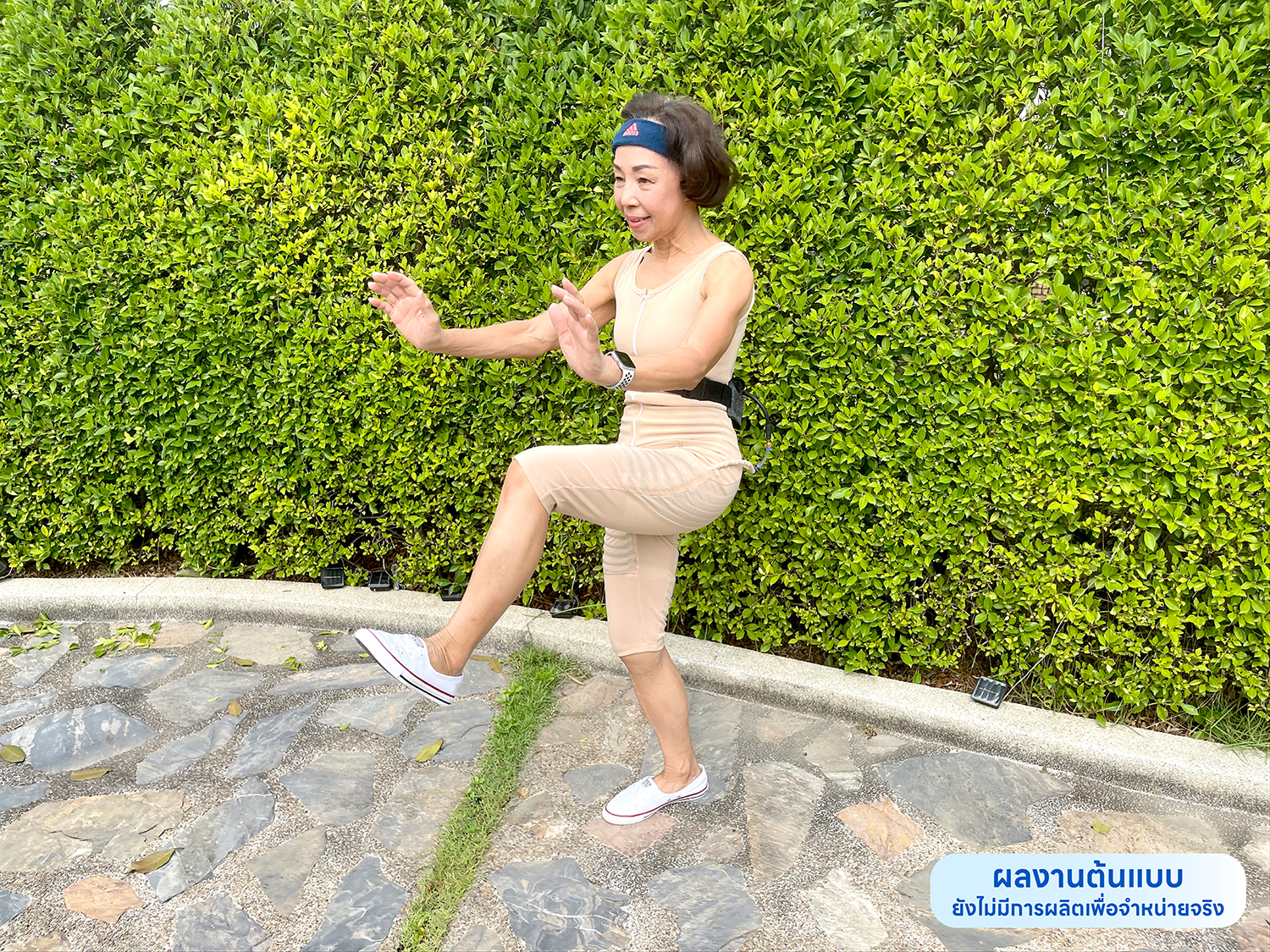
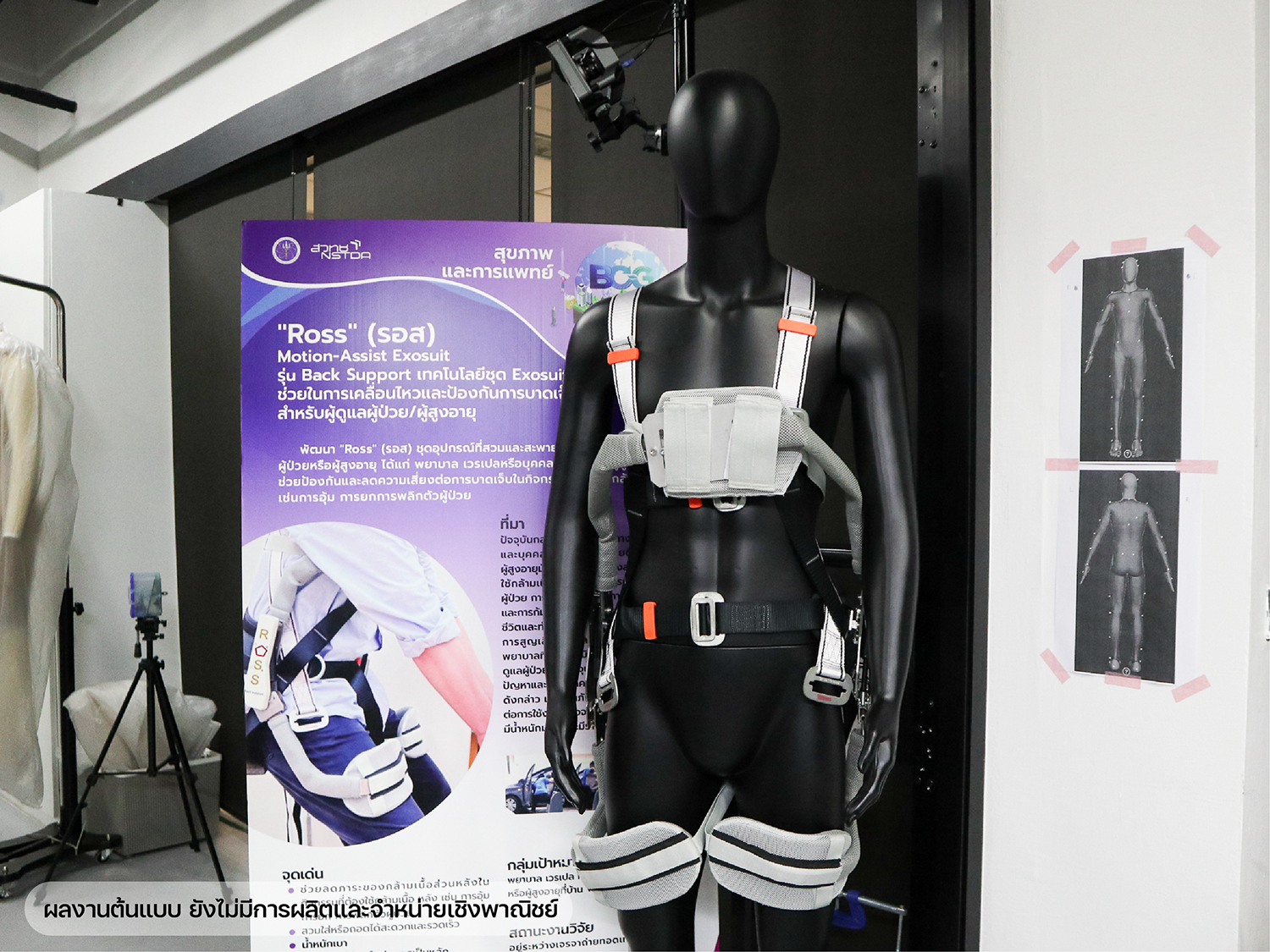
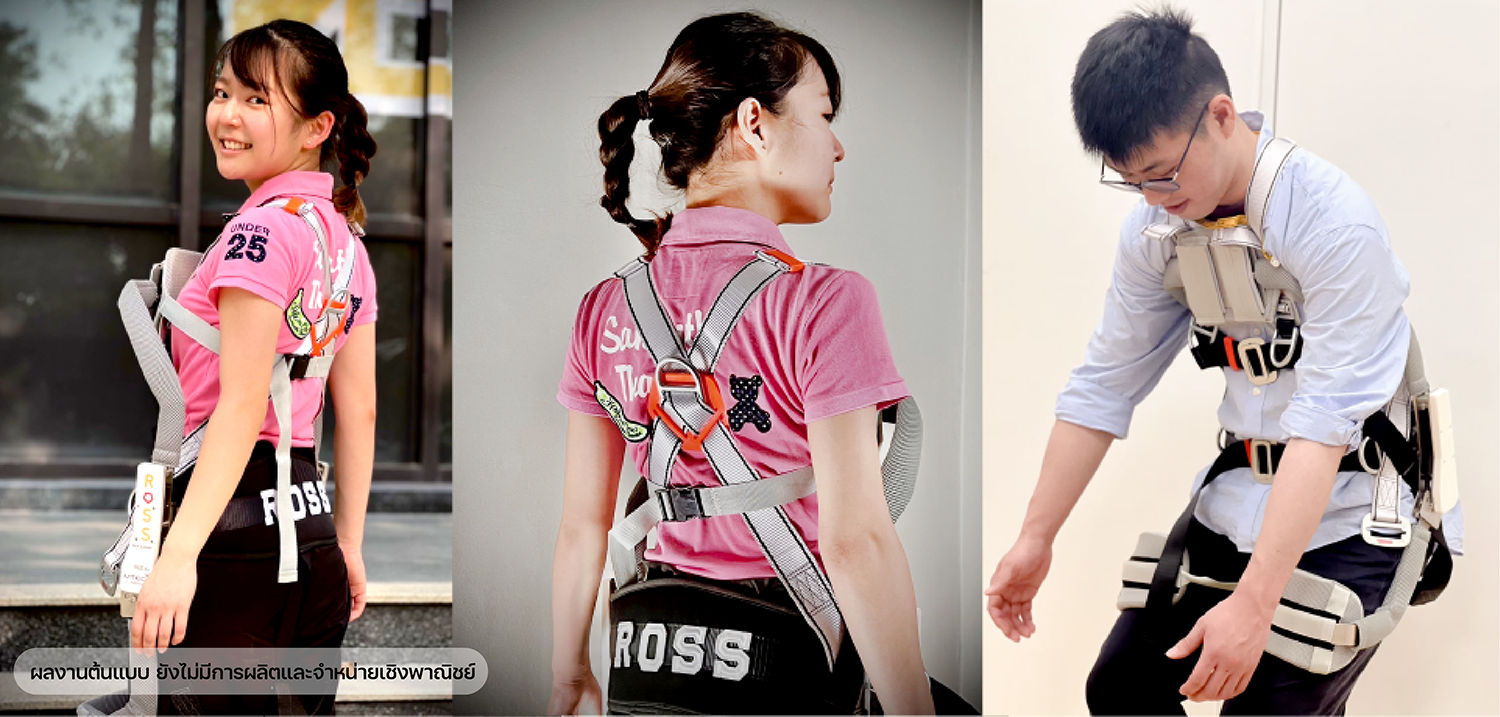
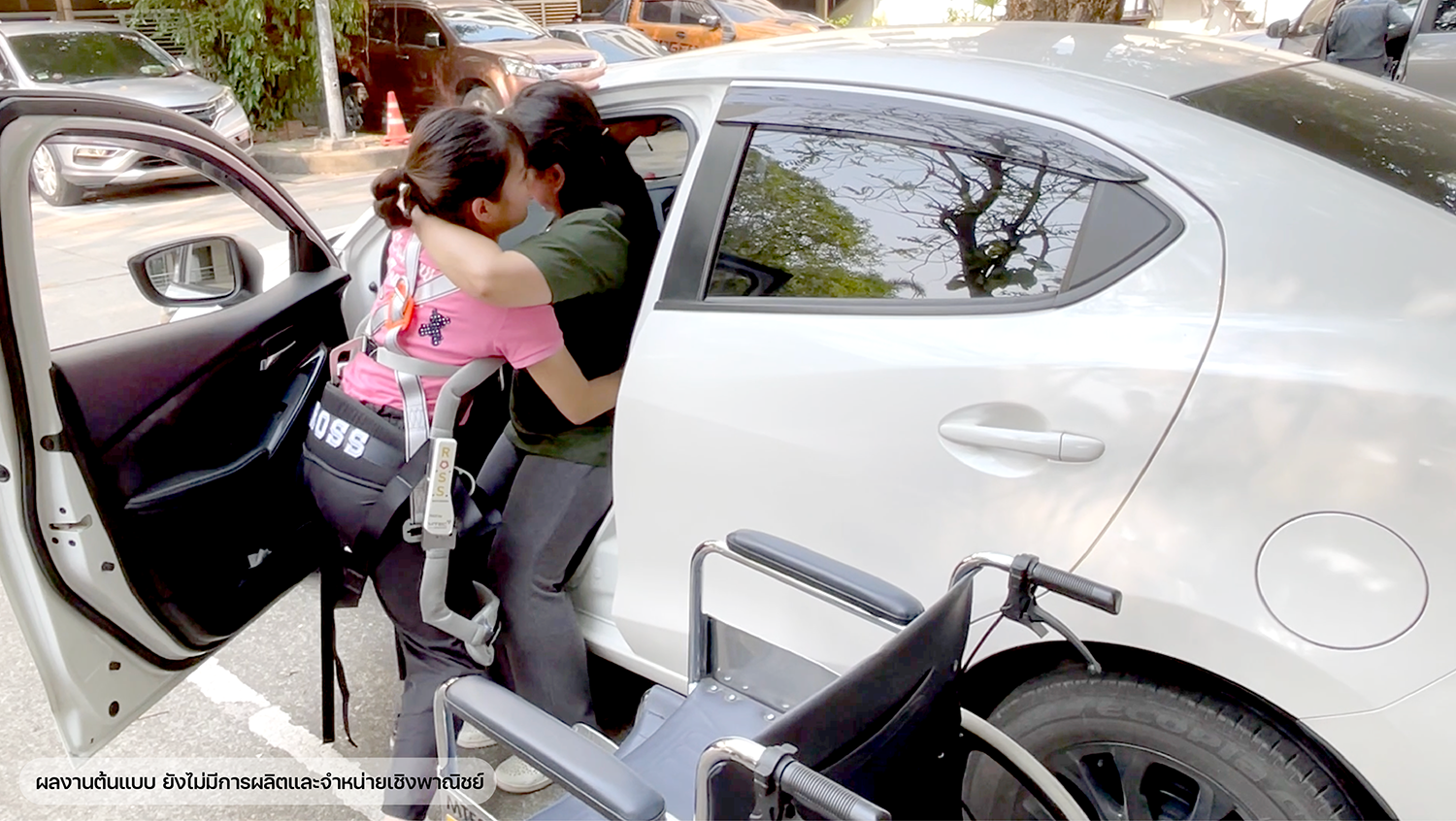
Rachel and Ross as 2 exemplary innovations for active elders and caretakers
With the enhanced capabilities of XOMoCap, it has been a vital tool in the design of Rachel, an exosuit for active elders, and Ross, an exoskeleton designed for industrial applications. Both exoskeletons were chosen as outstanding technologies by MTEC.
Dr. Utakapan described that Rachel is designed to be a soft-shell body suit to help assist daily movements for older people. The assistive force is provided by textile-based elements, which is meticulously integrated into the exosuit. The target user group is the active elderly, who may be experiencing early stages of physical decline.
Meanwhile, Ross is designed for industrial applications to support workers by means of external-load-relevant tasks as lifting, carrying, and holding objects. Therefore, Ross is suitable for several target user groups ranging from medical caretakers to factory workers. In the current research phase, the force assisting of the exoskeleton is passive: a specific amount of energy is stored during defined motion phases and subsequently released to assist and support a targeted motion. For example, during a squat-lifting task, the energy is stored into the exoskeletons while the user is descending, while preparing for weight-lifting. This energy is then released to support the body during the ascending motion. Furthermore, the force transfer within the exoskeleton is designed to help minimize injuries, especially in the lower back area.
Besides supporting the research at MTEC, the research team stated that this tool can be utilized in several motion analysis applications to support researchers in medical applications as well as SMEs.
Dr. Utakapan encourage the utilization of XOMoCap and numerical simulation of musculoskeletal modeling in further research projects, for example, in physical rehabilitation, sports medicine, and designing sport or medical machines. Also possible is the analysis of abnormal movements like those due to Parkinson’s disease.
The research team is now intensifying their expertise in motion capture analysis and developing equipment to support well-living. This is another contribution from Thailand, empowering the country as one of the world’s major medical hubs.
สำหรับผู้ที่สนใจติดต่อสอบถามได้ที่ ดร.ธนรรค อุทกะพันธ์ อีเมล thanaku@mtec.or.th เบอร์โทรศัพท์ 025646500 ต่อ 4381
In case of interest, please contact Dr.-Ing. Thanak Utakapan, E-mail: thanaku@mtec.or.th, Tel. (+66) 2564 6500 ext. 4381

เรียบเรียงโดย ภัทรา สัปปินันทน์ ฝ่ายสร้างสรรค์สื่อและผลิตภัณฑ์ สวทช. (เวอร์ชันภาษาไทย) และ ดร.ธนรรค อุทกะพันธ์ นักวิจัยทีมวิจัยการออกแบบเพื่อการเป็นอยู่ที่ดี เอ็มเทค สวทช. (เวอร์ชันภาษาอังกฤษ)
อาร์ตเวิร์คโดย ภัทรา สัปปินันทน์
ภาพประกอบโดย ภัทรา สัปปินันทน์ และ เอ็มเทค สวทช.
